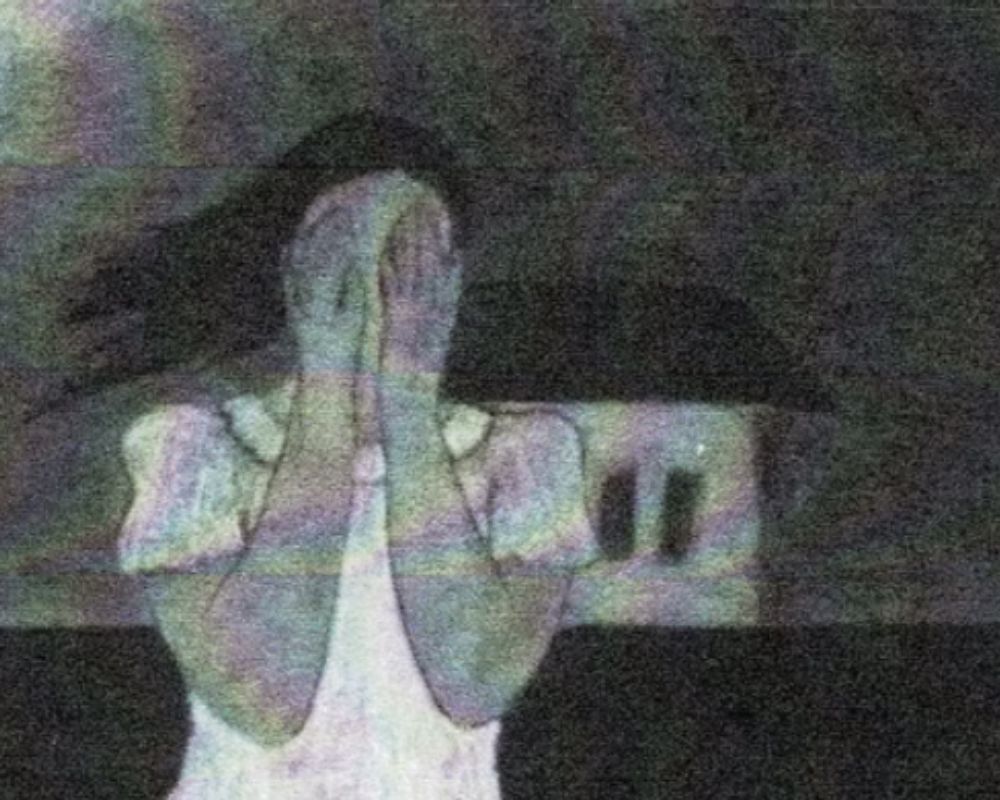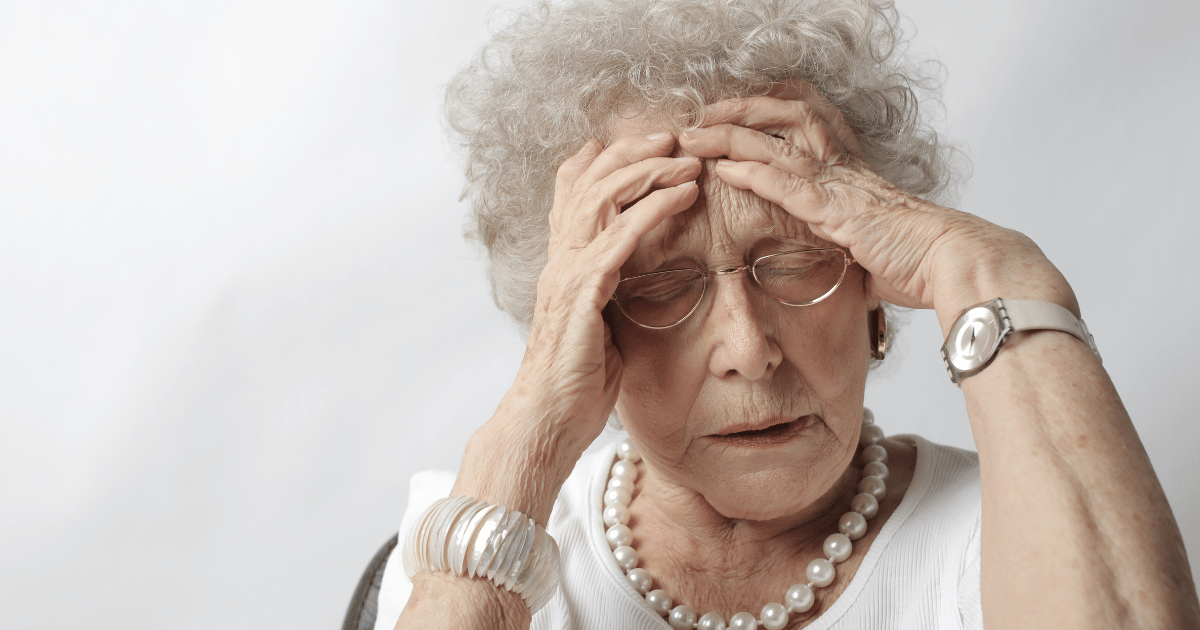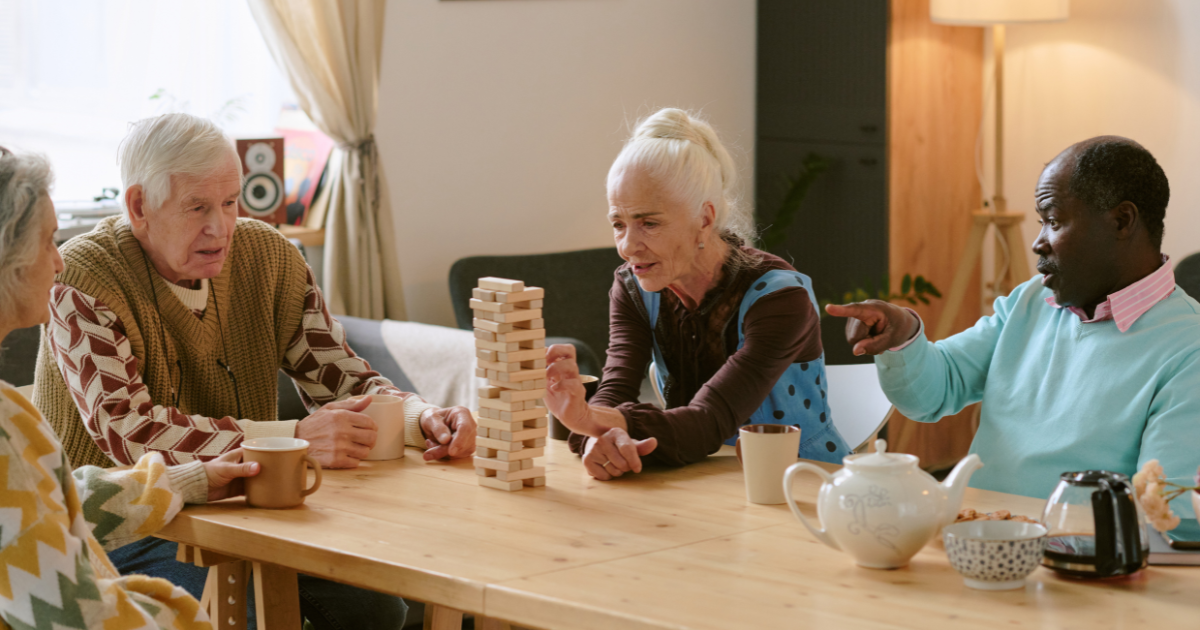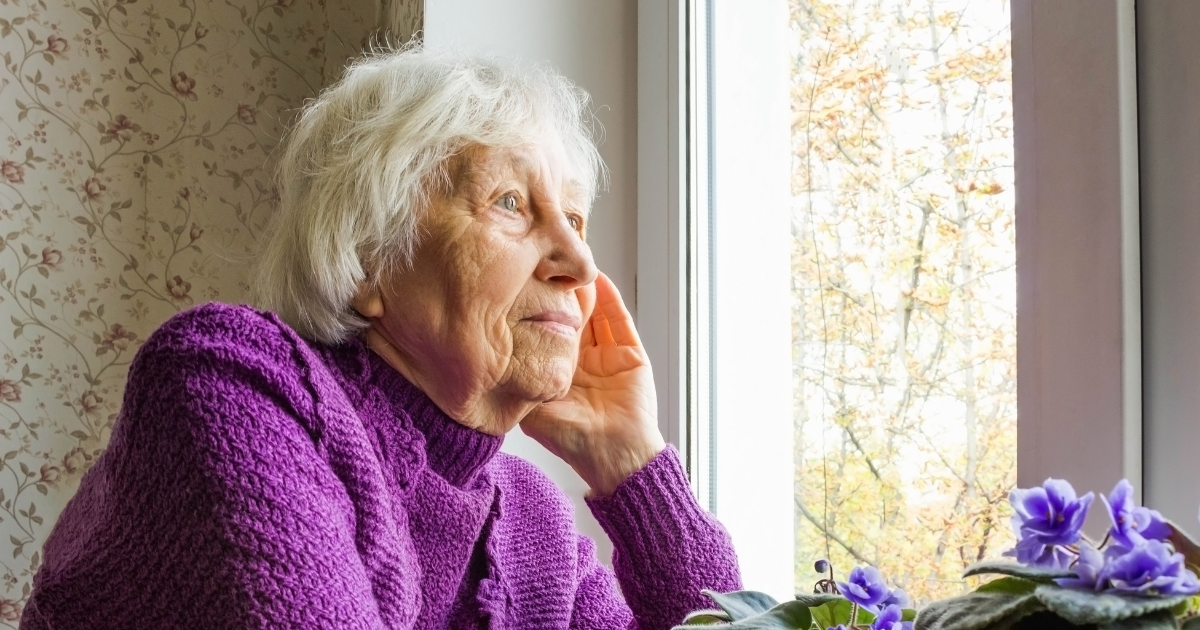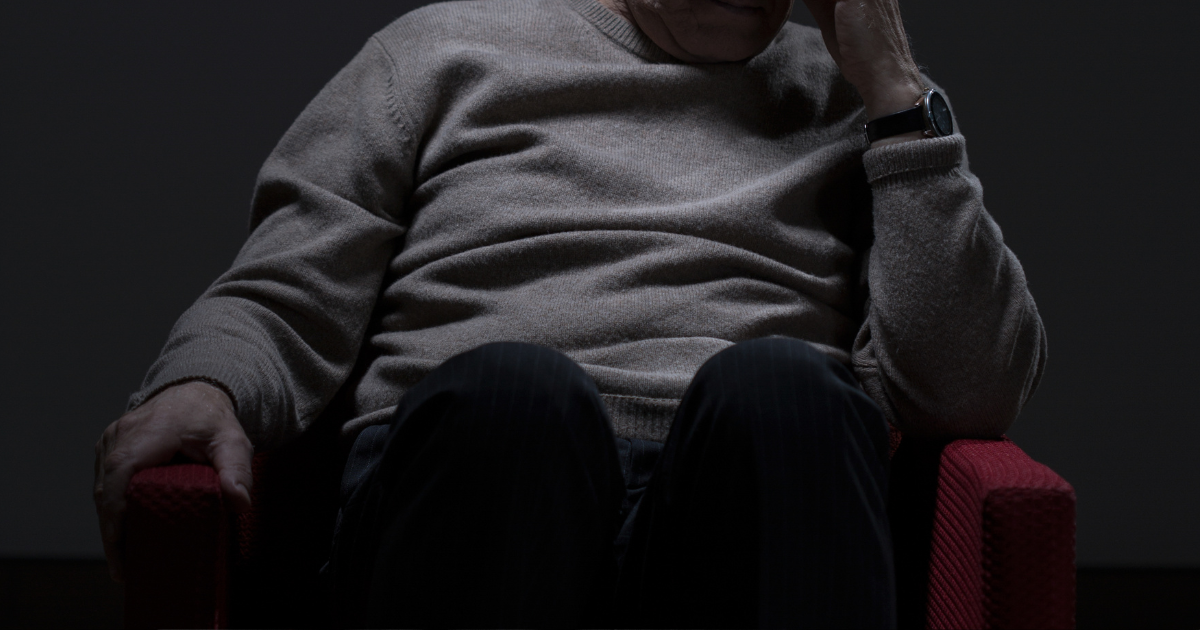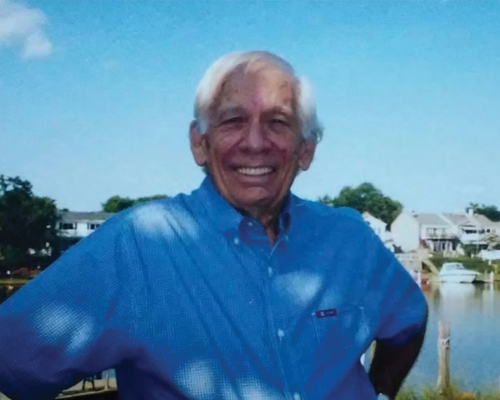6 Types of Elder Abuse to Watch for in Families
Elder abuse by family members is a tragic but, unfortunately, common reality. While many assume abuse must be physical to be harmful, it can manifest in multiple ways—some subtle, others overt. From emotional manipulation to financial exploitation, elder abuse takes many forms, and each is capable of causing lasting harm. And when it comes from a family member, the betrayal is compounded by broken trust. Understanding the different types of elder abuse is the first step toward prevention and protection.
6 Types of Elder Abuse to Watch Out For:
When abuse happens within families, it often slips under the radar, especially when you think you can trust that family member. This is what happened with Rob, and
you can read more about his story here to see how.
These 6 forms of abuse are especially important to be aware of, and we would recommend having your own plan in place to prevent elder abuse from happening to you or those you love:
1. Physical Abuse
This includes any type of physical abuse that results in pain, injury, or impairment. In families, this may come from overwhelmed or aggressive caregivers who justify violence as "discipline" or "correction."
2. Emotional or Psychological Abuse
Verbal attacks, humiliation, intimidation, and isolation are common ways family members exert control. This type of abuse can erode self-worth and mental health, leaving
victims depressed or withdrawn. It often goes unnoticed because there are no physical signs.
3. Neglect
Neglect is the failure to provide basic necessities like food, hygiene, medication, or safety. It may be passive (due to ignorance or lack of resources) or active (intentional deprivation). In families, neglect is often disguised as “doing the best we can” while real care is withheld.
4. Financial Exploitation
Family members may misuse an elder's money, pressure them to change legal documents, or manipulate them into giving up control over bank accounts. This form of abuse is especially insidious and can leave victims destitute.
5. Sexual Abuse
Though rarely talked about, sexual abuse of older adults—especially those with cognitive decline—can occur even within families.
6. Abandonment
Abandonment is when a caregiver or family member deserts an elder who needs help, often leaving them in unsafe conditions or alone without care.
How to Take Action Now to Prevent Elder Abuse
If you or someone you know is experiencing elder abuse, there are resources available to offer protection, advocacy, and justice. However, we recommend making a plan now, before the abuse happens, to protect yourself or a loved one. Here are some of the resources we recommend looking into now, in order to help prevent family elder abuse:
- The Five Wishes program has a simple questionnaire about end-of-life decisions. This is an easy way to start your plan today.
- The Conversation Project is helping people share their wishes for care through the end of life. Find out more info from them, and be sure to write down your wishes and make sure your family, friends, health care provider, etc. have copies of them.
- Download and customize your own Complete Eldercare Program, developed by Joy Loverde.
- Use Planning My Way to get your free guide to future healthcare decisions.
Finally, stay aware of possible changes and conflicts in any family members you are counting on, and keep in constant touch with friends and family. No one wants to think about the potential of elder abuse, and you may even think it could never happen to you or a loved one. We hope it never does, but the best way to be prepared is to start a plan now, before it's too late. Face dependency head on–do not fear it.
Elder abuse by family members doesn’t always leave visible bruises, but its effects are just as real. Whether it’s financial control, emotional manipulation, or physical harm, each type of abuse can threaten an elder’s dignity, autonomy, and well-being. Recognizing any of these major types of elder abuse is the first step in fighting back. If you or someone you love is at risk of elder abuse, don’t wait to get help. Afterall, speaking up can save their life.


